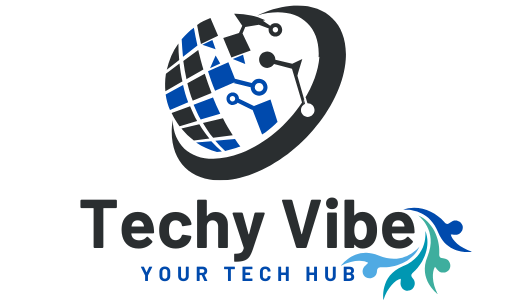Have you ever explored a story only to find that it wasn’t quite what you were looking for? Literoticatags solve that problem by making it easier to find stories that align with your preferences. But their significance doesn’t stop there they also play a crucial role in categorizing and navigating literature as a whole.
This blog dives into the importance of Literoticatags, their applications in literature (without any adult content), and how they enhance the overall reading experience, particularly for those who enjoy nuanced storytelling.
Why Tags Matter in Literature
Tagging is a critical aspect of organizing content, whether it’s through hashtags on social media or metadata on blogs. When it comes to literature, tags can define genres, themes, and even specific story settings.
For example, think of popular genres like science fiction, historical fiction, or mystery. Tags assigned to these works help audiences quickly discover books or works that meet their interests. The same principle applies to literoticatags—they serve as a way for diverse stories to find their intended audiences.
The Benefits of Tags in Literature
- Reader Discovery: Tags enable readers to find exactly what they’re looking for. Whether their interest lies in specific themes, writing styles, or plot elements, tags act as a roadmap to guide them.
- Story Categorization: Authors often create multi-layered, intricate stories. Tags help break these down into digestible categories for better classification.
- Community Building: By connecting readers with shared interests, tags foster communities of like-minded individuals who can discuss their favorite literary works.
A Brief History of Categorizing Literature
Literature has always been categorized in some form, long before digitization. Think of libraries and the Dewey Decimal System or traditional genres written on book spines. Over time, as the scope of stories widened, so did the method of classifying them.
With the advent of digitalized books and online platforms, tagging became increasingly important for organizing massive collections of stories. Platforms like Wattpad, Archive of Our Own (AO3), and others flourished due to their detailed tagging systems that allowed readers to filter through vast digital libraries.
LiteroticaTags in Context
Tags for literotica follow this tradition of categorization but with extra relevance for specific styles, tones, or story details that set stories apart. These might involve themes such as relationships, emotions, or journeys of personal exploration.
Rather than limiting themselves to broad categories like “romance” or “drama,” literoticatags include nuanced descriptors that help readers uncover precisely what they’re excited to read.
Enhancing the Reading Journey with LiteroticaTags
Literotica tags truly shine when they elevate someone’s reading experience. Think of a story tagged with “slow-burn romance.” This tag immediately sets the expectation of a carefully built, emotional arc, helping readers anticipate tension and growth rather than instant action.
This kind of informed decision-making enhances reader satisfaction, decreases the chances of disappointment, and leads to higher engagement with literary platforms that emphasize detailed tagging systems.
Examples of Well-Designed LiteroticaTags
- “Character-Driven” tags for works that prioritize personal growth arcs
- “Dual POV” tag for stories written from two perspectives
- “Highly Descriptive Setting” tags for readers engaged by rich world-building
The Broader Role of LiteroticaTags in Literary Communities
Literoticatags also connect readers and writers through shared passions. For writers, they act as a beacon, drawing audiences that genuinely resonate with their storytelling style. For readers, they create micro-communities, much like fan bases around fandoms or book clubs around specific genres.
Whether on blogs, forums, or social platforms, tags create collaboration between readers and writers, initiating discussions that celebrate storytelling.
Tips for Writers Using Tags Effectively
Using tags effectively is a skill. Here’s how writers can make the most of literotica tagging systems, whether working with original content or broader literary genres:
- Be Accurate: Ensure tags accurately reflect the content of your work to build trust with readers.
- Diversify Your Tags: Don’t shy away from applying multiple relevant tags to capture varying aspects of your story (without over-tagging).
- Know the Platform: Different platforms may emphasize certain types of tags—understand which ones matter most within your niche.
Why LiteroticaTags Matter for New Readers
New readers may find complex literature daunting without some guidance. Literoticatags make starting easier. They break down works into digestible elements, making it straightforward to discover stories that excite, intrigue, or entertain.
By harnessing tags effectively, even first-time visitors to literary platforms can curate meaningful reading lists.
Future Trends in Literary Tagging
It’s exciting to think about how tagging might evolve as literature and technology continue to intersect. AI tools are already helping platforms like Goodreads or Amazon recommend content based on user preferences.
We’re likely to see smarter tags emerge—ones that adapt over time based on community feedback or cater even more specifically to unique intersections of interest.
Transform How You Enjoy Literature
Tags are more than just keywords—they’re your guide to uncovering literature that moves, inspires, and fascinates. By understanding their value, you can greatly enhance your reading experience.
Start exploring titles today using your favorite platforms, and notice the difference thoughtful categorization can bring to your literary adventures.



